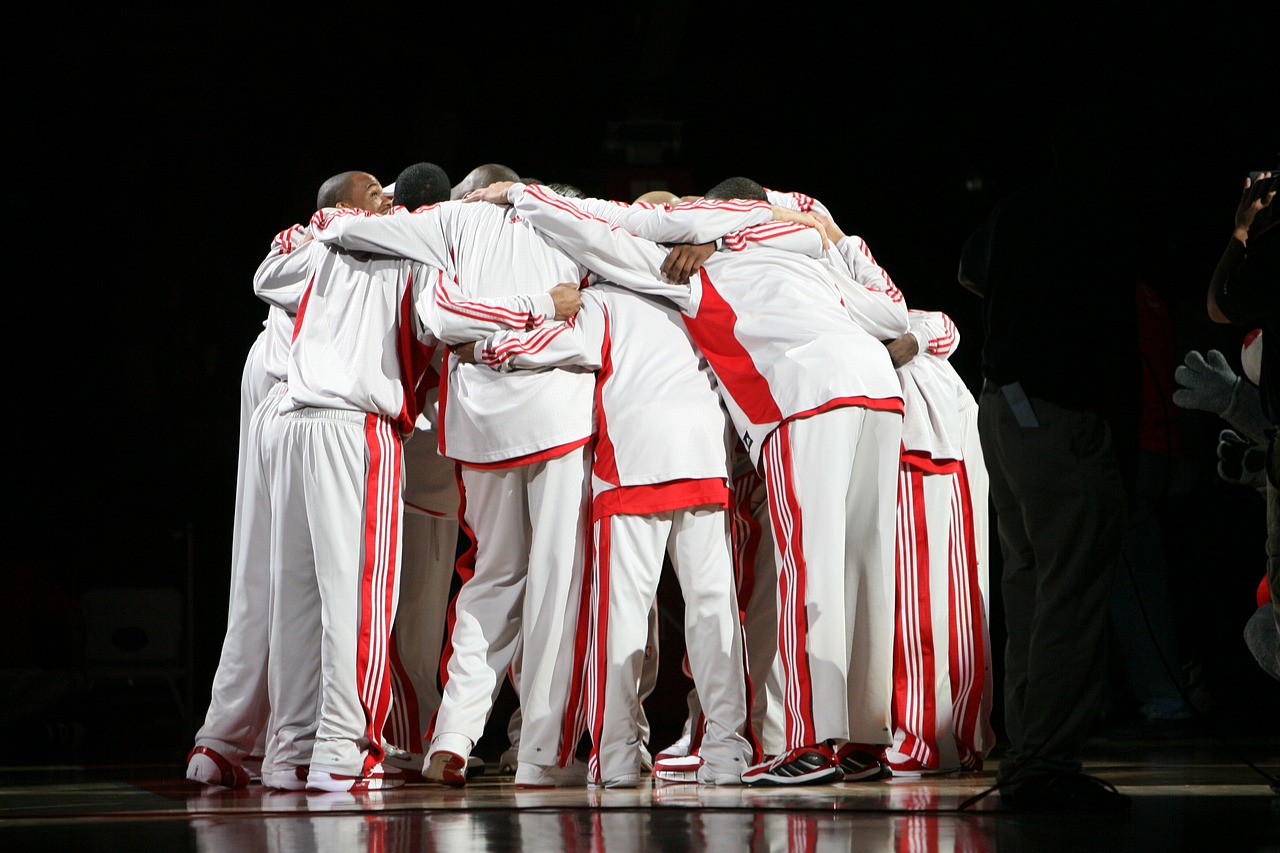Pre-game stress is an unavoidable aspect of an athlete’s journey, but with the right approach, it can be managed effectively.
While some level of stress can be beneficial in boosting performance, excessive pre-game stress can have adverse effects on an athlete’s mental and physical well-being.

As an athlete, the exhilaration of competition can be electrifying and at the same time destructive. Whether you’re a professional athlete or not, pre-game stress is an inevitable part of the sports experience at any level.
The key is not to never experience stress, but to keep it under control so it doesn’t affect performance in a negative way.
The Impact of Pre-Game Stress:
- Performance Anxiety: A common pre-game stress often manifests as performance anxiety, causing athletes to doubt their abilities and worry about potential mistakes or failures. This anxiety can negatively impact focus, coordination, and decision-making,resulting in the athlete not giving their best performance.
- Physical Toll: Stress triggers the release of hormones like cortisol and adrenaline, preparing the body for a “fight or flight” response. While this can be beneficial in moderation, chronic pre-game stress can lead to physical fatigue, muscle tension, and disrupted sleep patterns, jeopardizing an athlete’s physical readiness. That, chronic stress, is a situation much harder to deal with.
- Mental Exhaustion: The constant battle with stress can lead to mental exhaustion, affecting an athlete’s enthusiasm for the game and diminishing the enjoyment of sports. It can lead to all kinds of reactions, even retirement from the sport.
So, what is it there to be done?
Tips to Manage Pre-Game Stress:
- Develop a Routine: Establishing a pre-game routine can provide a sense of stability. Whether it’s a specific warm-up, visualization exercises, or listening to music, a consistent routine helps athletes mentally prepare for the game and alleviate stress.
- Positive Self-Talk: Encourage athletes to reframe negative thoughts into positive affirmations. Remind them to focus on their strengths, previous successes, and all the practice hours building confidence and self-belief.
- Breathing Techniques: Deep breathing exercises are a powerful tool to calm nerves and reduce stress. Practicing controlled breathing before the game can help lower heart rate and bring a sense of relaxation.
- Goal Setting: Help athletes set realistic and achievable goals for each game. Breaking down larger objectives into smaller, manageable tasks can alleviate overwhelming feelings and instill a sense of accomplishment.
- Focus on Process, Not Outcome: Encourage athletes to concentrate on the process rather than the result. By focusing on the game’s fundamental aspects, athletes can redirect their attention away from potential stressors. What will be, will be, it is important you put your best effort.
- Physical Preparation: Adequate physical training and conditioning play a significant role in reducing pre-game stress. Knowing that they are physically prepared boosts an athlete’s confidence and reduces performance-related anxiety.
- Stay Present: Encourage athletes to stay in the present moment during the game. Focusing on the “here and now” helps prevent worries about past mistakes or future outcomes.
- Post-Game Reflection: After the game, it’s essential to discuss the experience with athletes. Identifying areas of improvement and acknowledging strengths can help reduce stress for future games.
- Seek Support: Athletes should not hesitate to seek support from coaches, sports psychologists, or teammates. Having a support system can provide reassurance and help normalize pre-game stress.
Pre-game stress is an unavoidable aspect of an athlete’s journey, but with the right approach, it can be managed effectively. By implementing the tips mentioned above and fostering a positive mindset, athletes can transform stress into a driving force for success.
It is not about eliminating stress totally. It is about making it work with you in a positive way for the best achievable performance. Remember, stress is a natural part of the process, and with the right tools and support, athletes can turn pre-game anxiety into stepping stones towards greatness.
He who doesn’t feel anxious, means that he doesn’t want it as much.
